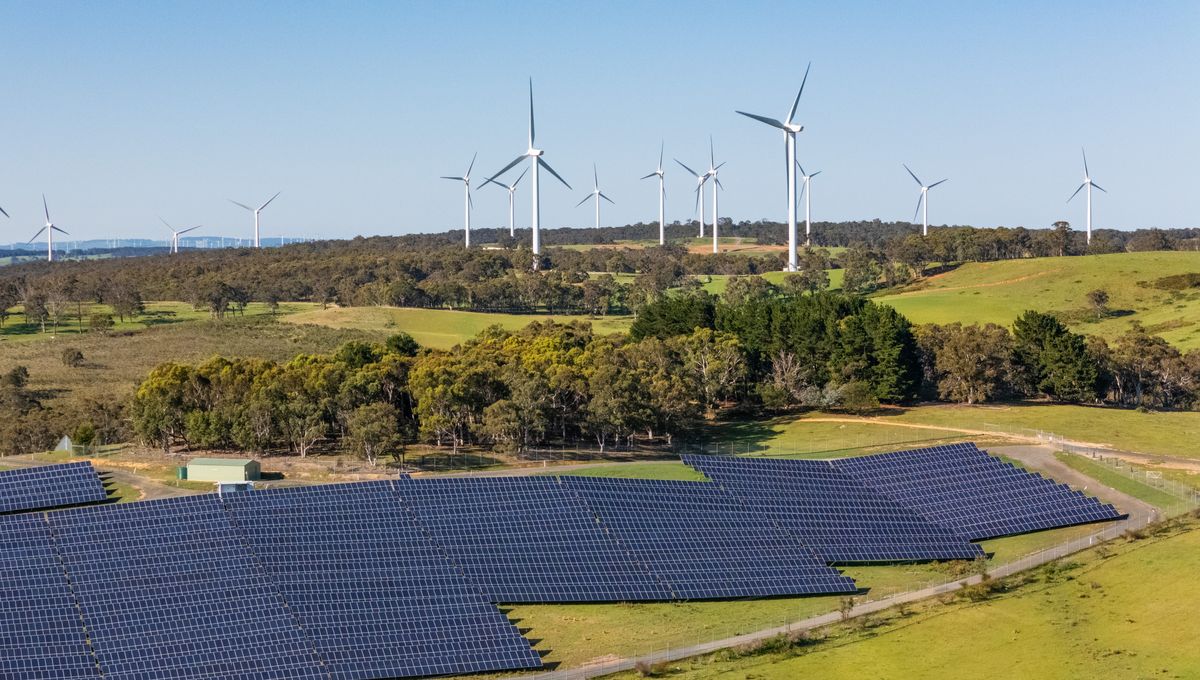
As the nations of the world continue to burn fossil fuels, the amount of carbon dioxide, methane, and other greenhouse gases – as well as air pollutants – continue to increase. The climate crisis is a consequence of those human actions. Wouldn’t it be great to just remove excess CO2? Carbon capture aims to do just that, but recent research shows the severe drawbacks of making it a reality.
ADVERTISEMENT GO AD FREE
Carbon capture aiming to reverse course on emissions is expected to be an enormous endeavor. The technology is not quite here yet, and it seems that most carbon capture approaches are overhyped in terms of what they can achieve. New work has made an economic comparison between investment in carbon capture and simply decarbonizing energy production, and it is clear which one is the sounder investment.
“If you spend $1 on carbon capture instead of on wind, water, and solar, you are increasing CO2, air pollution, energy requirements, energy costs, pipelines, and total social costs,” lead study author Professor Mark Jacobson, from the Stanford Doerr School of Sustainability and Stanford School of Engineering, said in a statement.
The work sees two opposite limiting cases. The first is fully fledged net zero with increased public transit, biking, telecommuting, and hydrogen fuel for aviation made from water and not oil. The other plan is a business as usual, with a continuous use of fossil fuels with an increase in renewables, but also carbon capture only using technology. One plan is clearly a lot more effective than the other.
Tackling the climate crisis requires, first and foremost, to move to renewable energy sources. Eliminating fossil fuels by 2050 is the goal for most countries, despite delays and meager changes today. If they did switch to renewables and mass electrification, they would need 54 percent less energy, and the associated reduction in cost would be even higher: hundreds of millions of illnesses and 5 million deaths annually from air pollution would be avoided, according to the research.
A lot of new electric tech, from heat pumps to vehicles, is a lot more energy efficient than the likes of combustion engines and gas-powered appliances. There are also savings because renewables produce energy on location without any need to extract, transport, and refine oil, gas, coal, and uranium.
ADVERTISEMENT GO AD FREE
“When you add wind turbines to replace a coal plant, you’re eliminating not only the CO2 but also the pollution from the coal,” continued Jacobson. “You can have the most efficient way of removing CO2 from the air, but that does not change the efficiency of combustion. You’re keeping that inefficient energy infrastructure the same. It’s much cheaper and more efficient just to replace the fossil source with electricity or heat provided by a renewable source.”
The conclusion from this work is simple: “The only way to eliminate all air-pollutant and climate-warming gases and particles from energy is to eliminate combustion,” the authors write in their paper.
The paper is published in the journal Environmental Science & Technology.
Source Link: Carbon Capture Is More Expensive Than Just Switching To Renewables